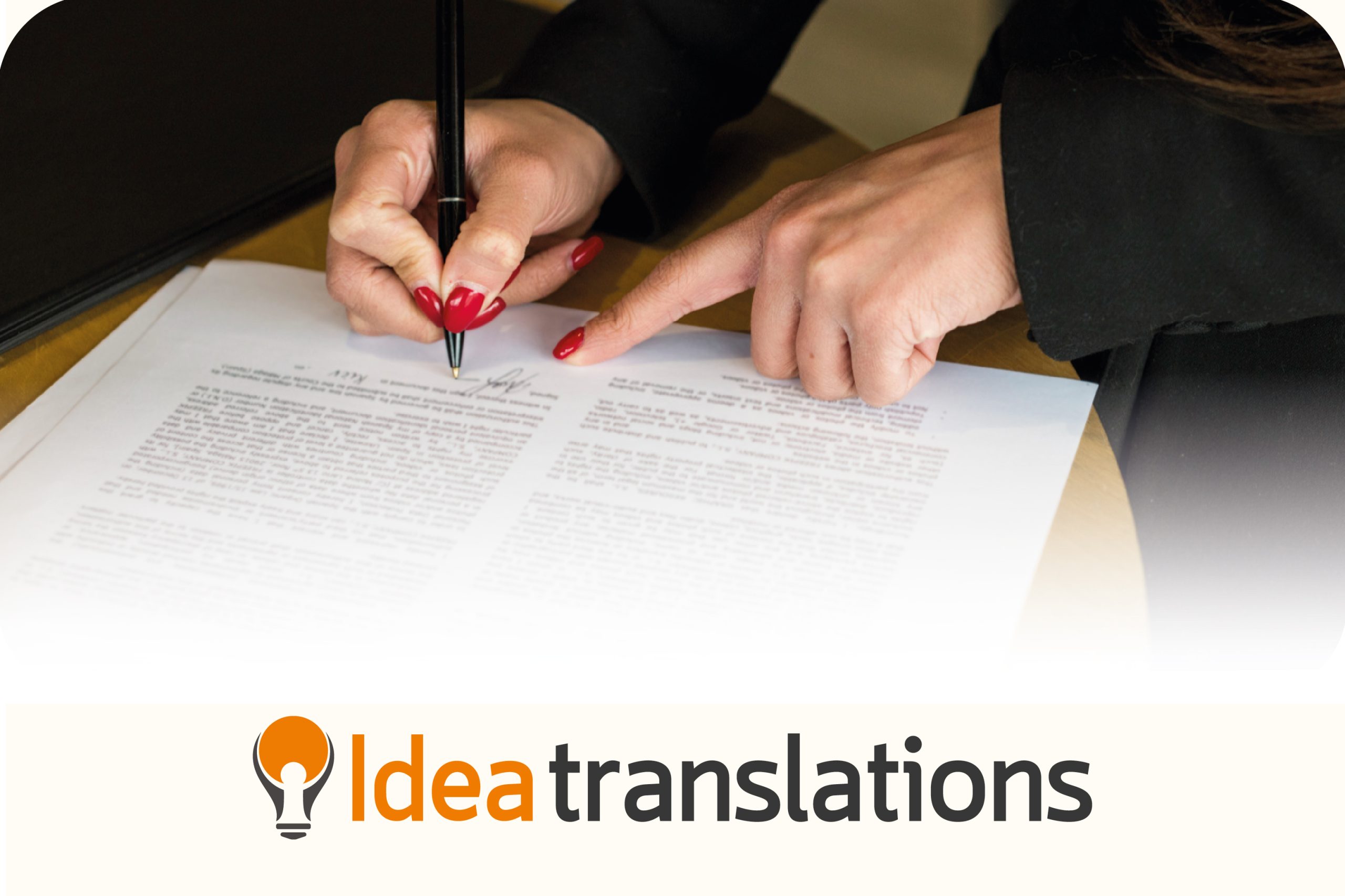
Certified vs. Sworn Translations: What Sets Them Apart?
Whether you’re expanding your business internationally, signing a deal abroad, or handling official documentation, accurate translations are critical. But when searching for translation services, two terms might stand out—certified and sworn translations. What do they mean, and more importantly, how do they differ?
Understanding these types of translation can save you and your company time, money, and potential legal complications. Let’s clear up the confusion with a modern, easy-to-grasp breakdown.
What’s Common Ground?
Both certified and sworn translations are critical in the world of professional translation. They’re all about precision, reliability, and making sure your document meets specific official standards. But here’s where the plot thickens: they’re not interchangeable. The choice depends on what the requesting institution demands. Let’s dive into the details.
Sworn Translation: Where Legal Meets Linguistics
Sworn translations are the VIPs of legal document translation. These translations are performed by sworn translators, who are officially licensed or certified by government authorities. They guarantee the translation’s authenticity and legal compliance. Here’s the rundown:
• Official Recognition: These translators carry a government-issued license that allows them to add their signature and official stamp to the document.
• Attention to Detail: They ensure the translation adheres to legal terminologies, cultural nuances, and formatting standards.
• Added Security: That stamp isn’t just for show. It’s a mark of authenticity and makes the document tough to tamper with.
Sworn translations are typically required for:
• Court rulings or litigation across borders
• Immigration documents
• Certificates (birth, marriage, death, etc.)
• Intellectual property paperwork
• Official agreements, patents, or mergers and acquisition paperwork
Certified Translation: Broader Scope, Lighter Legal Weight
Certified translations have a wider application and aren’t strictly limited to legal contexts. These translations come with a certificate of accuracy, usually signed by the translator, stating that the translation faithfully represents the original document. No government-issued license or official stamp is required.
Certified translations are commonly requested for:
• Academic transcripts and diplomas
• Medical records
• Financial statements
• Business documents
• Immigration documents (visa or green card applications)
Key Differences Between Certified and Sworn Translations
While both certified and sworn translations ensure accuracy and reliability, some fundamental differences set them apart:

Does It Vary by Country?
Yes. The rules and terminology for sworn and certified translations typically changes depending on the country where the documents will be used. In some places, “sworn” may serve as a catch-all term for any officially recognized translation. Other countries might even require extra steps, like registering the translator’s stamp with local authorities.
When in doubt, it’s crucial to consult the specific regulations of the country where the document will be submitted.
Conclusion
Navigating these nuances can feel overwhelming. Failing to meet translation standards may lead to rejected applications, legal disputes, and delays in registering your business or products. That’s why working with professionals who know the ins and outs of legal and certified translations is paramount. Understanding the differences between certified and sworn translations can empower businesses to streamline processes and expand confidently in the global marketplace.
Collaborating with a reliable translation service provider can save your company headaches in navigating requirements for sworn or certified translations. At Idea Translations, our experts are well-versed in global requirements and deliver translations that are not only accurate but also tailored to the jurisdiction you’re dealing with.
Need help figuring out which type of translation suits your needs? Let us guide you through the process and ensure your documents meet every requirement.



